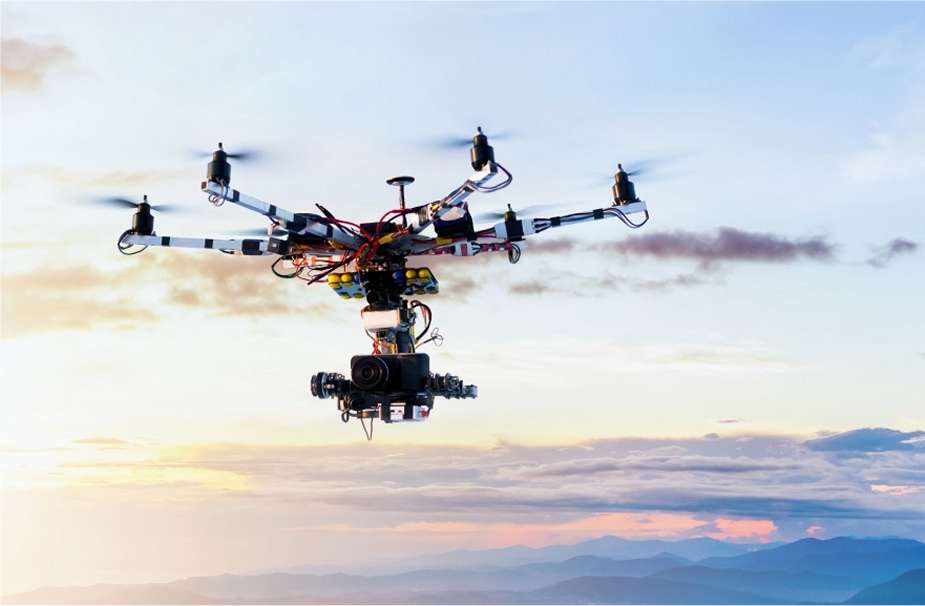Breaking news
South Korean startups accelerate entry into military UAV market.
As the global military drone market is expected to grow from $14.4 billion in 2023 to $35.6 billion by 2030, South Korean startups are swiftly moving to capitalize on this expansion. The ongoing conflict between Russia and Ukraine, which began in February 2022, has significantly increased the demand for military drones designed for combat operations, prompting these startups to diversify and innovate within the sector.
Follow Army Recognition on Google News at this link

he increase in drone development is also reflected in Ukraine, where the number of companies developing drones has significantly risen from just 10 before the war to about 200 today (Picture source: Nearthlab)
Among the notable companies, Nearthlab, originally known for its precise autonomous drone technologies used in wind turbine inspections, has recently entered the military domain. It has developed what are called "drone grenades" — autonomous drones designed to neutralize enemy drones by colliding with them at speeds of up to 250 km/h.
Similarly, This Is Engineering Inc. (TIE), a developer of advanced aerial mobility technologies, has established a subsidiary named Shift Dynamics focusing on the manufacture of military drones equipped with AI technology. Another company, Pablo Air, originating from drone delivery systems, has also ventured into the military drone arena, challenging existing market players.
The increase in drone development is also reflected in Ukraine, where the number of companies developing drones has significantly risen from just 10 before the war to about 200 today. This surge underscores the critical role of drones in modern warfare, providing reconnaissance and combat solutions in conflict zones.
Moreover, regulatory changes in South Korea are influencing drone development. The National Police Commission of Korea has relaxed rules on unmanned aerial vehicles, now permitting their use over protest sites for surveillance and evidence collection and for real-time traffic violation monitoring.
The Ministry of Land, Infrastructure and Transport, along with the Ministry of Science and ICT, are facilitating tests of anti-drone technologies such as jammers. These devices disrupt the operation of hostile drones by interfering with their radio communications, a practice generally prohibited but allowed in designated areas to bolster defense against drone-related terrorist threats.
To further support the growth of the drone industry, the South Korean government has designated 17 cities and municipalities, including Busan, as centers for drone-related activities, ranging from delivery to leisure. Additionally, 14 startups have been selected to participate in government-backed drone projects, highlighting the strategic importance of this technology in both military and civilian sectors.
These initiatives not only reflect the critical importance of drones in modern military strategy but also demonstrate South Korea's commitment to becoming a leader in this rapidly evolving field.
Defense News April 2024



















